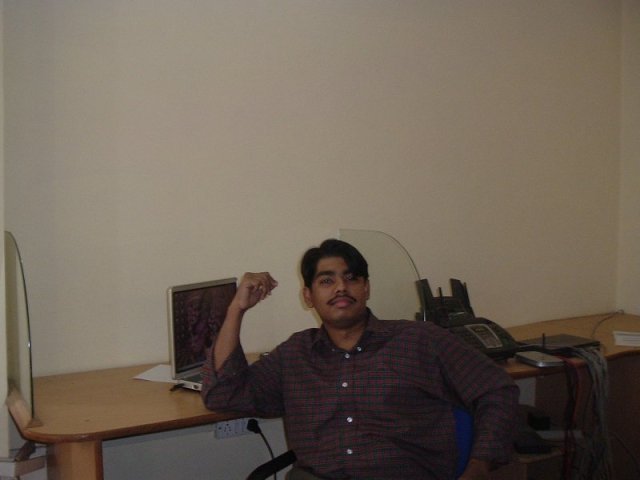Assembled Car - Tata's New Business Model
But four years ago, Chairman Ratan Tata plunged into the passenger-car business despite much skepticism. The result was India's first indigenously designed, developed, and produced car -- the $6,600 Indica. Tata used all of India's low-cost engineering skills to develop the car, at 60% of the usual cost of launching a new model.
Now he has put his team to work on his dream project: a car that will sell for only $2,200. "I wanted to change the rules of the game," Tata says. "I wanted to change the way business is done."
The "people's car" will use a combination of steel and composite plastic for its body, put together with industrial adhesive along with nuts and bolts. But what's the business changer? Tata will attempt to do away with the traditional model of manufacturing solely in a factory and distributing exclusively through established dealers.
The plan is to make the basic components of the car in Tata plants -- and then to send the car off the company's assembly line much like a bicycle, in a knocked-down kit form. These will be shipped across the country to Tata-trained franchisees. Some of them will be Tata Motors car dealers. But other franchisees may be any of India's thousands of roadside garages.
The mechanics will keep the kits in their garages and assemble them on demand for customers -- then service them as needed.
"It will give an opportunity to young, capable people to create an enterprise," says Tata. But the move will also save an estimated 20% of an auto's production, experts say. "Tata's plan makes the car a commodity," says Kumar Bhattacharyya, director of Warwick Manufacturing Group at the University of Warwick in Britain.
If Ratan Tata's plan works, he will have stripped away a layer of distribution and manufacturing costs. Other Indian companies are tackling different kinds of distribution costs -- and blowing away traditional assumptions in the process. In the case of ITC, managers are aggressively seeking ways to eliminate the exploitative middlemen who buy, transport, and market Indian farmers' produce.
Kolkata-based ITC is best known as a hotelier and as India's largest producer of cigarettes. But it also sells fertilizer to farmers and buys their grain to make processed foods.
For years, ITC conducted its business with farmers through a maze of intermediaries, from brokers to traders. So ITC's head of international business, S. Sivakumar, thought of using e-commerce as a way to break the unhealthy hold of traders over the supply chain.
In the initial experiment -- begun four years ago in the central Indian state of Madhya Pradesh -- Sivakumar set up computer kiosks in 20 villages and hired a well-known local farmer to run each kiosk. He and other farmers would access the company's intranet -- dubbed e-chaupal, for electronic "town square" -- twice a day to check ITC's own offer price for produce, as well as prices in the closest village market, in the state capital, in New Delhi, and on the Chicago commodities exchange.
The site relayed daily weather conditions and educated users about new farming techniques worldwide. In the evening, the local children took free lessons on the computer. In return, the farmers would usually give ITC first dibs on their crops, thus eliminating the middlemen.


0 Comments:
Post a Comment
<< Home